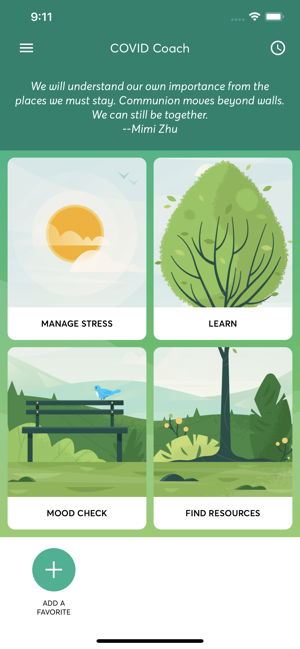 WHITE RIVER JUNCTION, VT—The COVID-19 pandemic has upturned lives all across America. People have become ill, lost jobs and friends and relatives and found themselves isolated at home, just when they need social connection and emotional support most.
WHITE RIVER JUNCTION, VT—The COVID-19 pandemic has upturned lives all across America. People have become ill, lost jobs and friends and relatives and found themselves isolated at home, just when they need social connection and emotional support most.
In a recent survey, 56% of people in the country reported a negative impact on their mental health and well-being as a result of the coronavirus outbreak, the Kaiser Family Foundation reported.
The disruption in daily life and fear of contracting or spreading COVID-19 has hit veterans who have post-traumatic stress disorder particularly hard.
“It’s a stressful time for all of us,” said Paula Schnurr, PhD, executive director of the VA’s National Center for Posttraumatic Stress Disorder in the Office of Mental Health and Suicide Prevention, from the White River Junction VAMC in Vermont. “For someone with PTSD, the concerns may be more intense or more frequent.”
Even veterans who have received treatment and learned to manage their PTSD can be taken by surprise by the intensity of their response to the current situation.
“Some may feel their past traumatic experience could prepare them. Others may find symptoms are reemerging, which can be especially distressful in someone who has not experienced symptoms in a while,” Schnurr told U.S. Medicine.
The language used to discuss the pandemic may exacerbate symptoms by reminding these veterans of their traumatic experience. “It’s described as ‘fighting a war’ and an ‘invisible enemy,’ but the reminders don’t have to be that literal. Just discussion of concerns about physical safety when going out may be triggering,” Schnurr said.
At the same time, many of the methods veterans have used to cope have disappeared. They may not be able to go to the gym or local parks, visit with friends or engage in hobbies.
Continue Reading this Article: Minimize Stress
